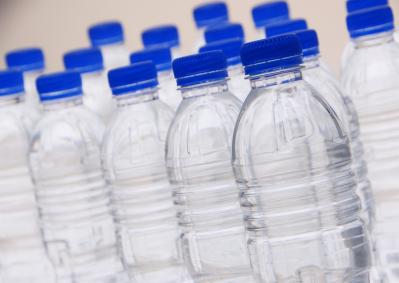|
With the advent of evermore powerful computer simulation software and hardware, the possibility to perform simulations of advanced reactions and interaction-types are becoming feasible. In this issue of the green indicator, the CatScan section will focus on just this: using quantum mechanics-based calculations for predicting the effects of promoters in catalytic systems. We will also try to plant some thoughts in the area of “what can I do” with respect to helping the environment in our daily life.
/ Christian Hulteberg
What Can We Do
Sometimes people ask me what they can do themselves to help the environment and lower their impact on the earth’s resources. This question is treacherous in its simplicity since the question of environment and ecosystems are so complex. Just take the questions of ecologic food and fuel vs. food debate as examples. However, is should be possible to find ways to make small changes to your behavior which has an impact on your resource consumptions.
As I said this is a complex question and many people have put thought into what may be altered behavior wise, one of these are Johan Tell from which I’ve borrowed much of the tips and tricks. Many of the things that you can do don’t really influence your daily life. One such thing is to ensure that you have the correct air-pressure in your tires. With the correct tire pressure you can easily save both fuel and hence reduce your CO2 emissions; similar effects can be reached just by sticking to the speed limit.
Another tip is to turn of electric appliances and not leave them in stand-by mode. Even laptops, at least older models, that are turned off will consume electricity when trying to load the battery in vain. Using an energy meter is a good way to conclude which cables that can stay connected and which should be disconnected when not used. Another obvious action item is to close all lights in rooms that are not currently used.

Save water. In some places of the world, water is scarce and conserving it is a necessity. However, even in areas without water shortage, the pumping, cleaning and heating of water will consume unnecessary energy. There is however one aspect where water shouldn’t be saved and that is when it’s used as a beverage. Tap water is the beverage with the best environmental footprint and should be used if possible.
The list can go on and on, but in closing there is one very important thing that I would like to highlight: children. Make them used to spending time in nature, go canoeing, camping, design and build a bird house; make it natural for them that weekends means packing your rucksack and heading out into the forest. Anything, anytime, anywhere, but make sure that the kids learn that nature is worth spending time in and preserving.

|



